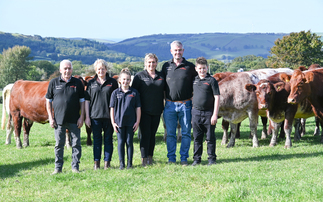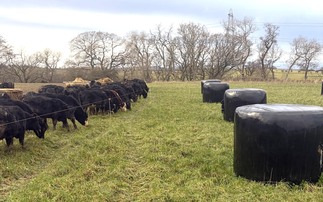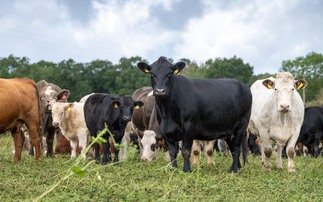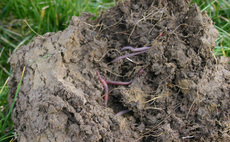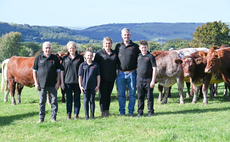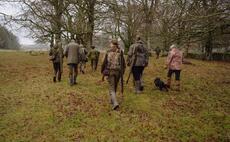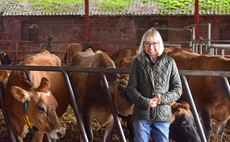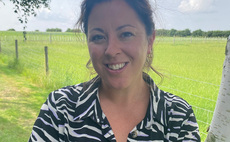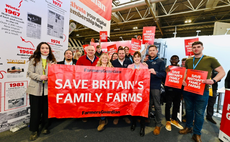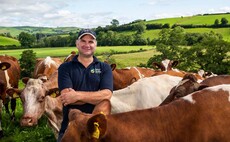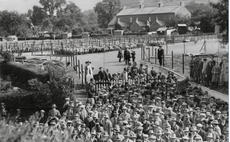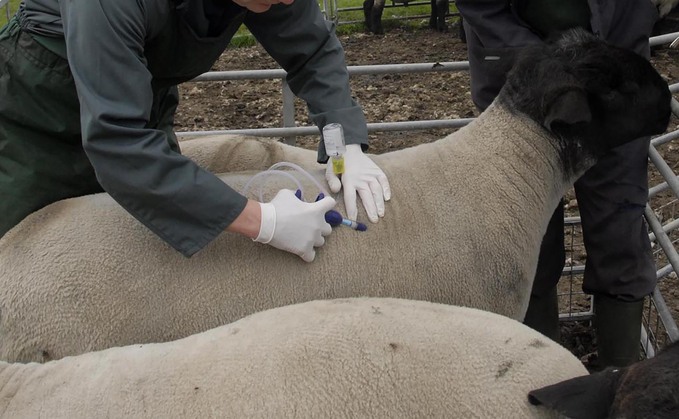
��As a result, bluetongue restrictions have been imposed across much of the UK, impacting both the showing and selling of livestock this summer. Since July this year, 26 cases have been confirmed in England.
To find out more about how the disease may have impacted the UK's livestock sector, Farmers Guardian launched a nationwide survey, with a focus understanding farmers attitudes towards vaccination and trade implications.
With responses from more than 150 farmers, the overarching message was that despite currently being in the active vector season, the majority of farmers have not been affected by bluetongue, with less than half having vaccinated their livestock against the disease.
At the time of the survey, 82% of farmers had not yet been affected by bluetongue.
Implications on trade were also perhaps lower than expected, given the restrictions which have been imposed across the devolved nations.
READ NOW: Efra chair backs bluetongue vaccination calls��
When asked whether they had vaccinated their livestock against the disease, 58% of 158 farmers said they had not yet vaccinated their stock. The survey found that 20% of farmers said they had not vaccinated due it��costing��too much, while a further 23% said they did not believe vaccination was necessary.
Additionally, 21% of farmers said they were currently still thinking about whether to vaccinate their livestock or not.
And when looking at the impact of bluetongue restrictions on livestock trading, 60% of farmers said bluetongue restrictions had not impacted their on-farm trading. While the remaining 40% of farmers said their trading had been affected by restrictions.
��





